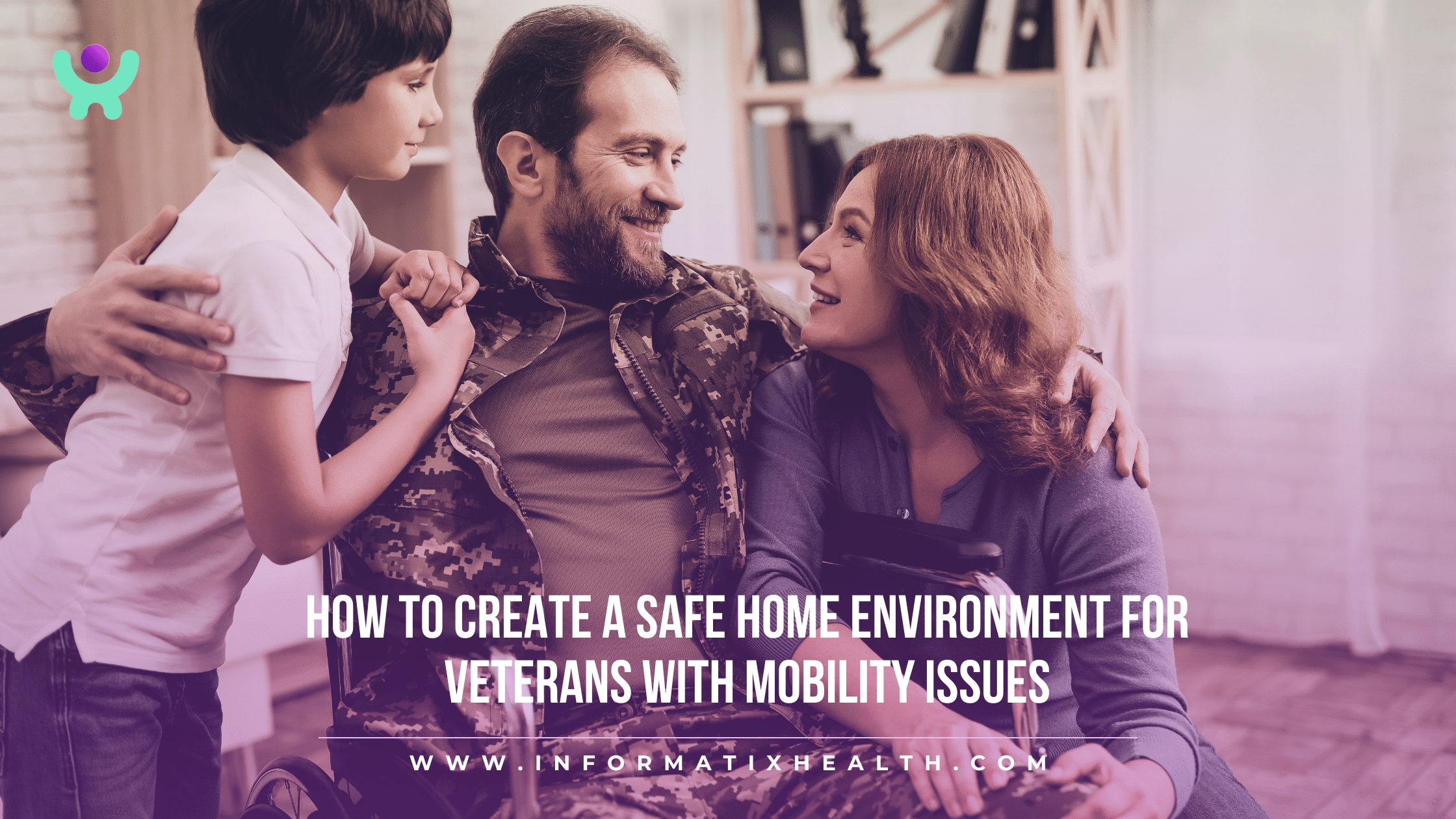Creating a safe home environment for veterans with mobility issues is essential for promoting independence and ensuring their well-being. Here are several strategies and adaptations that can be implemented to enhance safety and ease of mobility:
1. Assessing the Home Environment
The first step is to conduct a thorough assessment of the home environment. This includes identifying potential hazards and areas that may require modifications. Consider consulting with an occupational therapist or a home modification specialist who can provide professional insights.
2. Clear Pathways
Ensure that all pathways within the home are clear of obstacles. This includes:
- Removing clutter such as shoes, books, and furniture that may impede movement.
- Ensuring that carpets are secured to the floor to prevent tripping hazards.
- Using non-slip mats in areas prone to moisture, such as kitchens and bathrooms.
3. Wheelchair Accessibility
If the veteran uses a wheelchair or mobility scooter, it is crucial to ensure that doorways and hallways are wide enough (at least 32 inches) to accommodate these devices. Additionally:
- Install ramps where there are steps, ensuring they have a gentle slope.
- Consider a stairlift or a home elevator if the veteran needs to access multiple floors.
4. Bathroom Modifications
The bathroom can be particularly challenging for veterans with mobility issues. To enhance safety:
- Install grab bars near the toilet and in the shower or bathtub.
- Consider a walk-in bathtub or a roll-in shower to eliminate the need to step over high edges.
- Use a shower chair to allow for seated bathing.
- Install a raised toilet seat to make sitting and standing easier.
5. Kitchen Adjustments
Making the kitchen more accessible can greatly improve daily living:
- Place frequently used items within easy reach, ideally at waist height.
- Use pull-out shelves or drawers to minimize bending and reaching.
- Consider installing a kitchen island with a lower height for easier access.
6. Bedroom Modifications
To ensure comfort and safety in the bedroom:
- Choose a bed height that allows easy access – not too high or low.
- Install bed rails if necessary for additional support when getting in and out of bed.
- Ensure that a light switch or lamp is easily accessible from the bed.
7. Lighting Enhancements
Good lighting is crucial for preventing falls:
- Install bright, energy-efficient LED bulbs in all rooms.
- Use motion-sensor lights in hallways and bathrooms to ensure visibility at night.
- Consider using night lights in bedrooms and bathrooms for easy navigation during the night.
8. Emergency Preparedness
Having a plan in case of emergencies is vital:
- Ensure that a phone is easily accessible in case of emergencies, preferably within reach of the bed and in the bathroom.
- Consider a medical alert system that can be worn as a pendant or wristband.
- Establish a network of friends, family, or neighbors who can check in regularly.
9. Technology Integration
Utilizing technology can also aid in mobility and safety:
- Smart home devices such as voice-activated assistants can control lights and appliances.
- Mobility aids like powered scooters or walkers can enhance independence.
10. Seek Funding and Resources
There are various programs and resources available to assist with home modifications:
- The U.S. Department of Veterans Affairs offers grants for veterans to adapt their homes.
- Local nonprofit organizations may provide assistance or funding for specific modifications.
By implementing these adaptations, veterans with mobility issues can enjoy a safer, more comfortable home environment that promotes independence and quality of life. Each recommendation can be tailored to the individual’s specific needs, ensuring a personalized approach to home safety.
Creating a Safe Home for Your Veteran
At Informatix Health, we understand the unique needs of veterans and their families. If you or a loved one in the Quincy, MA area is seeking assistance in creating a safe and accessible home environment, our team of dedicated professionals is here to help. From conducting home assessments to providing personalized care and support, we are committed to enhancing the safety and mobility of veterans in the comfort of their own homes.
Contact us today to learn more about how our home health care services can support your veteran’s well-being. Together, we can create a home that fosters independence, comfort, and peace of mind.


